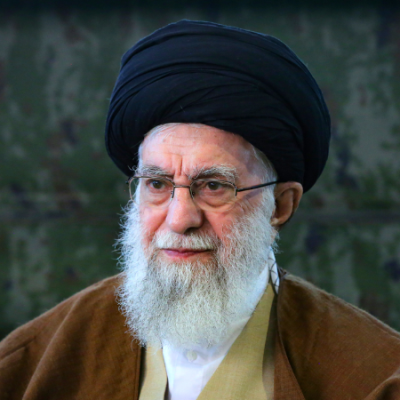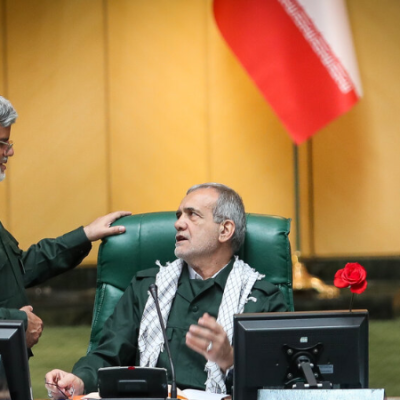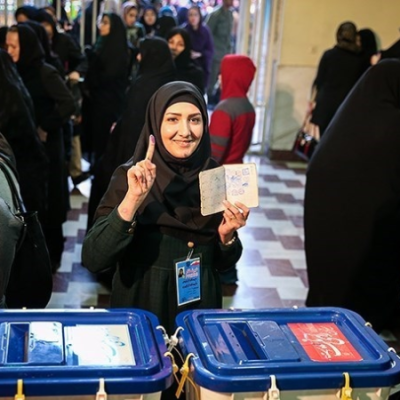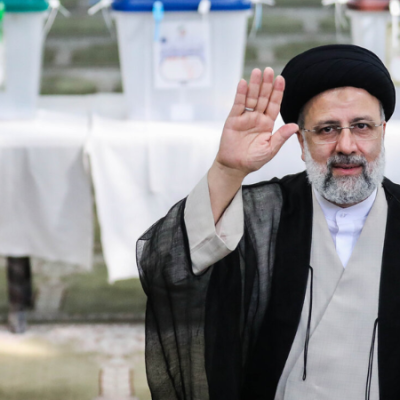US grants 30-day waiver extension to Iraq for buying energy from Iran

On Sunday, the US government announced the renewal of Iraq’s energy waiver, allowing the country to import gas and oil from Iran for next 30 days. The US Secretary of State Mike Pompeo’s recent extension order, which would expire on May 26, aimed at pushing the Iranian government to achieve self sufficiency in its energy sector. “The Secretary granted this brief extension of the waiver to allow time for the formation of a credible government,” a State Department official told Reuters. “Once that government is in place, the Secretary will reassess whether to renew the waiver and for how long,” the US State Department official added.
The two Iraqi officials, who spoke to the reporters on the condition of anonymity said that the Iraqi government was informed about the renewal of sanction waiver over a phone call from the US State Department. They added that the government did not receive any formal notification about it in writing. Prior to the current renewal, the country was granted a 30-day waiver for March, which expired on Sunday, wherein earlier waivers lasted for 90 to 120 days.
Iraq depends on Iranian energy supplies to meet one third of its electricity demand, which generally goes up during summer months. Though Iraq also is exploring the possibilities of getting oil from within its semi-autonomies Kurdish region, located in north. Hama Ameen Hawrami, a consultant at the Kurdish Electricity Ministry, told AP News,“There is an agreement, but the implementation requires more talks.” He added that there was no pipeline to connect Kurdish gas field to Baghdad, and making one “could take some years.”
The biggest roadblock in Iraq’s way of attaining energy self sufficiency is the country’s political instability. Iraq’s intelligence chief Mustafa al-Kadhimi, who was named as prime minister-designate by the country’s president Barham Salih earlier this month, has until next week to present his cabinet in the parliament. Mr. Kadhimi is the third person appointed to lead the country since the former Prime Minister Adil Abdul-Mahdi resigned under pressure from mass protests in December. Mr. Kadhimi is facing hard time forming a government at centre due to opposition from the parties which support Iran-linked militia groups, who oppose his policies.




